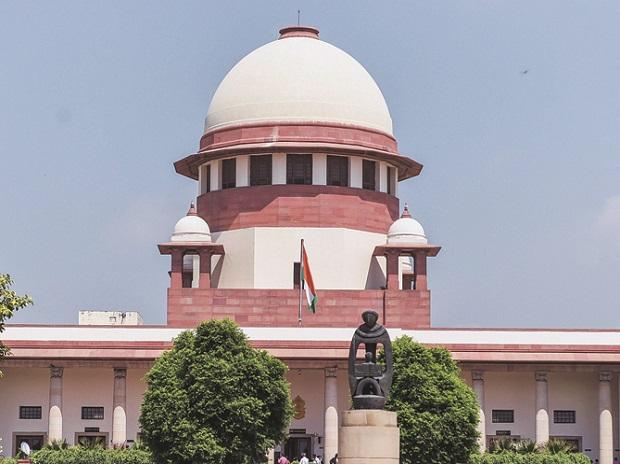[ad_1]
The Supreme Court on Monday held the demonetisation of high-value currency notes in November 2016 valid. The Constitutional bench comprising justices S Abdul Nazeer, BR Gavai, AS Bopanna, V Ramasubramanian and BV Nagarathna said the notification for the exercise was valid and satisfied the test of proportionality. Justice Nagarathna, however, disagreed.
Reading the judgement, Justice Gavai said, “There was consultation between the Centre and the RBI for a period of 6 months. We hold that there was a reasonable nexus to bring such a measure, and we hold that demonetisation was not hit by the doctrine of proportionality.”
He added, “Decision-making process cannot be faulted merely because the proposal emanated from the Central Govt…Action cannot be struck down on the basis of the doctrine of proportionality.”
Justice Nagarathna differed in opinion. She said, “My views on each of the questions have differed from Justice Gavai’s response to the questions he has framed.”
She said the power to propose demonetisation is to be derived from Entry 36 of List I, which speaks of currency, coinage, and legal and not Section 26(2).
Under Section 26(2) of the RBI Act, 1934, “on the recommendation of the [RBI] Central Board, the Central government may, by notification in the Gazette of India, declare that, with effect from such date… any series of bank notes of any denomination shall cease to be legal tender save at such office or agency of the Bank and to such extent as may be specified in the notification.”
On November 8, 2016, Prime Minister Narendra Modi announced a ban on currency notes of Rs 500 and Rs 1,000, stating that it would reduce the use of black money and counterfeit currency. Also, it was expected to give a boost to online transactions.
However, several reports of distress among citizens due to long queues and cash shortages emerged. A total of 58 petitions challenging the demonetisation exercise were filed in the apex court. The hearing commenced on October 12, 2022.
The bench had reserved their verdict on December 7.
The Reserve Bank of India (RBI) had earlier admitted in its submission that there were “temporary hardships” and that they, too, are an integral part of the nation-building process, but there was a mechanism by which problems that arose were solved.
Senior Congress leader P Chidambaram, appearing for the petitioner, argued that the recommendation for the note ban should have come from the RBI, but the government advised the RBI, which later made the recommendation.
The Centre told the Supreme Court that the step was taken after extensive consultations with the RBI and that preparations were made before the note ban was enforced. It had added that the demonetisation exercise was a “well-considered” decision and part of a larger strategy to combat the menace of fake money, terror financing, black money, and tax evasion.
[ad_2]
Source link



